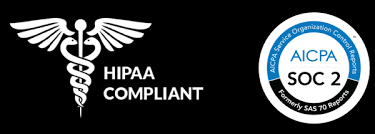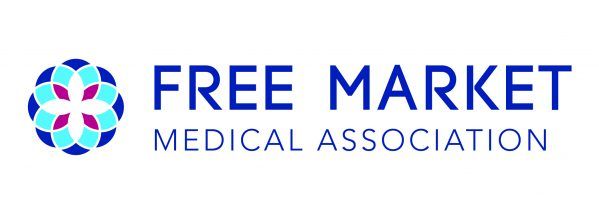Unlocking Growth: How Data Analytics Can Transform
Cash Pay Med Spas

In the competitive landscape of cash pay med spas, data-driven decision making is no longer a luxury, but a necessity. By harnessing the power of data analytics, these businesses can gain a significant edge, optimize operations, and deliver exceptional patient experiences.
Understanding the Power of Data
Cash pay med spas operate in a unique environment where patient acquisition, retention, and service optimization are paramount. Data analytics provides the tools to:
- Identify Trends and Patterns: Analyze historical data to identify trends in patient demographics, treatment preferences, and seasonal fluctuations.
- Optimize Pricing and Promotions: Determine optimal pricing strategies for different services and target audiences, and design effective promotional campaigns that maximize ROI.
- Enhance Patient Experience: Personalize patient interactions, improve service quality, and identify areas for improvement in the patient journey.
- Streamline Operations: Optimize scheduling, inventory management, and staff allocation to improve efficiency and reduce costs.
- Gain a Competitive Advantage: Make data-driven decisions that differentiate your med spa from the competition and attract new patients.
Key Areas to Focus on
1. Patient Acquisition and Marketing
- Targeted Advertising: Utilize data to identify your ideal patient profile and target your marketing efforts accordingly. This could involve leveraging social media advertising, search engine optimization (SEO), and email marketing campaigns.
- Referral Programs: Analyze referral data to identify top referrers and incentivize them to continue bringing in new patients.
- Online Reviews: Monitor online reviews and respond promptly to both positive and negative feedback. Use this data to identify areas for improvement and showcase positive patient experiences.
2. Service Optimization and Pricing
- Service Bundling: Analyze patient purchase history to identify popular service combinations and create attractive package deals.
- Treatment Outcomes: Track treatment outcomes to demonstrate the effectiveness of your services and build patient trust.
- Pricing Strategies: Experiment with different pricing models, such as tiered pricing or membership programs, to optimize revenue and profitability.
3. Patient Retention and Loyalty
- Personalized Communication: Use patient data to personalize communication efforts, such as birthday greetings, appointment reminders, and exclusive offers.
- Loyalty Programs: Implement loyalty programs to reward repeat customers and encourage them to return for additional treatments.
- Patient Feedback: Regularly solicit and analyze patient feedback to identify areas for improvement and demonstrate your commitment to providing a positive experience.
4. Operational Efficiency
- Inventory Management: Track inventory levels to ensure you have the necessary supplies on hand while minimizing waste and storage costs.
- Staff Scheduling: Optimize staff schedules to ensure adequate coverage during peak hours and minimize labor costs.
- Appointment Scheduling: Analyze appointment data to identify peak booking times and adjust scheduling accordingly to maximize patient flow.
Tools and Technologies
- Customer Relationship Management (CRM) Software: A CRM system can help you track patient data, manage communication, and analyze customer behavior.
- Business Intelligence (BI) Tools: BI tools can help you visualize data, identify trends, and generate reports that provide valuable insights into your business performance.
- Social Media Analytics: Utilize social media analytics tools to track your social media performance, identify influencers, and monitor online conversations about your brand.
Implementing a Data Analytics Strategy
- Define Your Goals: Clearly define your business goals and how data analytics can help you achieve them.
- Collect and Organize Data: Gather relevant data from various sources, such as patient records, financial statements, and marketing campaigns.
- Analyze and Interpret Data: Use appropriate tools and techniques to analyze data and extract meaningful insights.
- Communicate Findings: Share insights with your team and use them to inform decision-making.
- Continuously Monitor and Adjust: Regularly review your data analytics strategy and make adjustments as needed to ensure it remains effective.
By embracing data analytics, cash pay med spas can gain a deeper understanding of their patients, optimize their operations, and deliver exceptional results. This data-driven approach will not only help them thrive in a competitive market but also ensure long-term success and sustainability.



